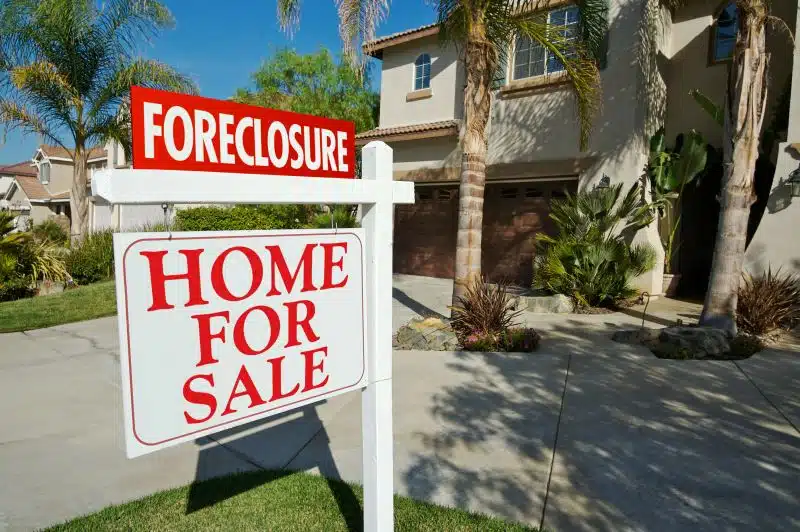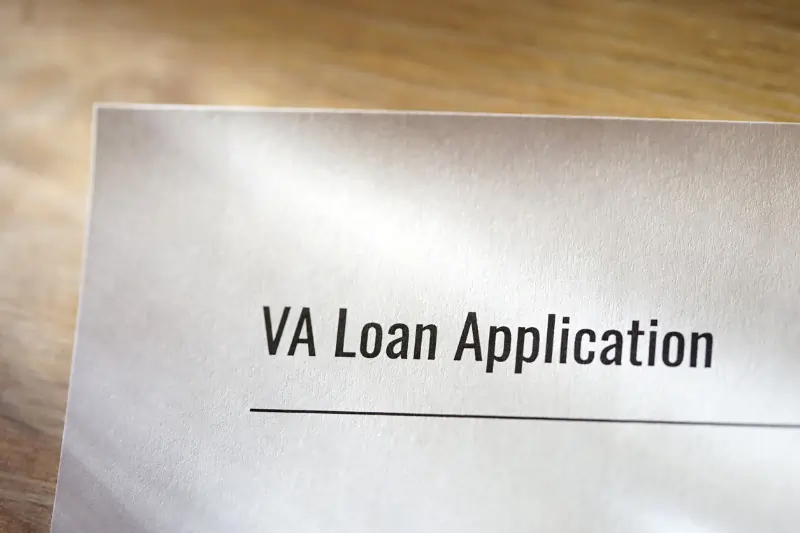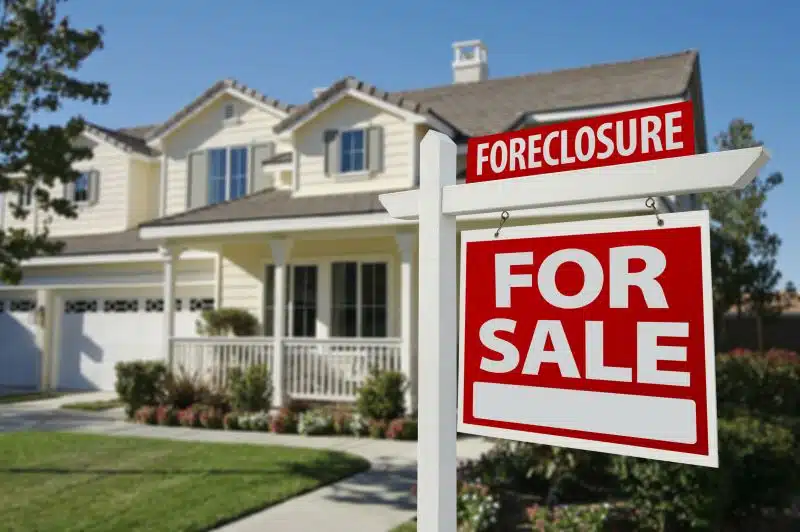Share this

Are you experiencing financial hardship and thinking about selling your home? Fast home buyers in Tennessee offer solutions, but you may be wondering whether a short sale or foreclosure is the better option. Both choices can help you manage debt and move forward, but there are crucial differences. This comprehensive guide explores these differences to help you make the best decision for your situation.
Short sales and foreclosures are often confused or used interchangeably, but they represent distinctly different processes. A short sale occurs when a mortgage lender agrees to let a homeowner sell their property for less than the current mortgage balance. This typically happens when the borrower needs to sell but cannot fully pay off their mortgage loan. Foreclosure, however, is a legal process where the lender repossesses a property after the borrower defaults on mortgage payments.
Both options carry serious implications for borrowers, making it essential to understand their key differences before deciding. Let’s examine each option in detail and discuss when each might be most appropriate for your situation.
A short sale is a real estate transaction where a homeowner sells their property for less than what they owe to their lender. The paperwork to sell a house in Tennessee in a short sale situation requires the lender to accept the lower amount as payment in full and release their lien on the property. This process allows a homeowner to avoid foreclosure and escape an unmanageable mortgage situation.
Cash home-buying companies often work with homeowners facing these situations. This becomes particularly relevant when a homeowner falls behind on mortgage payments and lacks sufficient funds to bring the loan current. Short sales also make sense when property values have declined, leaving the remaining balance higher than the home’s worth.
When mortgage payments default, the foreclosure process begins as typically a bank initiates a legal process to recover losses. The housing market in today’s market influences how lenders repossesses property through foreclosure proceedings.
A distressed homeowner facing financial distress may explore:
The real estate investing community recognizes that homeowner selling options through short sale properties often yield better outcomes than public auction scenarios. Working with an experienced cash home buyer like Nexus Homebuyers helps navigate potential buyer opportunities while protecting credit scores through proper financial statement documentation.

The short sale vs foreclosure decision can be daunting for homeowners facing financial hardship, and both processes often have long-term consequences. As experienced real estate professionals, we help distressed homeowners generally understand the differences between these processes to make informed decisions about their financial future.
When mortgage payments become overwhelming, a foreclosure begins after a homeowner fails to make payments for an extended period, typically more than 90 days. The mortgage lender initiates foreclosure proceedings, and the lender repossesses the property through a legal process. This significantly impacts credit scores and can affect prospects.
A short sale offers an alternative to foreclosure where the mortgage lender agrees to accept less than the mortgage balance. During the short sale process, homeowners work with many lenders who accept a short sale price below the remaining balance. Short sales tend to have less impact on credit report ratings since they avoid the foreclosure auction process.
Cash home-buying companies may also provide options if you want to sell your house yourself. They can close quickly and don’t require repairs or renovations. Lastly, they don’t charge expensive realtor fees.
Looking at both options’ pros and cons may help your decision-making process. Below we’ll take a look at both options.
Today’s market makes deciding between short sales vs regular sales crucial. The short-sale property route usually offers better outcomes than foreclosed home situations, potentially preserving some home equity. Whatever path is chosen through the real estate process, consulting financial advisors about loan current options helps ensure the best possible outcome for your situation.
In today’s market, a mortgage lender can refuse short-sale property offers, as no lender agrees automatically to accept less than the mortgage balance. While typically a bank prefers to avoid managing foreclosed homes through foreclosure proceedings, the short sale process requires meeting specific criteria for lender approval.
The short sale vs foreclosure path depends on many lenders’ internal guidelines. Financial hardship documentation, current mortgage status, and market value assessments influence whether the holder accepts a reduced price. Cash home-buying companies and experienced real estate agent partnerships often help present stronger short-sale transactions.
Key factors affecting how to sell a house in foreclosure or through a short sale include:
When facing loan debt, understanding short sales tends to help homeowners navigate potential buyer negotiations. If you’re considering how to sell your house yourself through the short sale process, knowing lender requirements proves crucial for avoiding foreclosure auction outcomes.
The short sale process impacts personal finance differently than foreclosure proceedings. Credit scores typically face less severe consequences through short sale vs regular sale scenarios, though financial distress still affects credit report standings.
Short-sale transaction impacts depend on:
Short sales tend to cause a temporary dip in credit scores, requiring:
The housing market influences recovery timeframes. Working with an experienced real estate professional who understands short-sale properties can help minimize negative impacts. While the short sale price affects prospects, maintaining good deal relationships with the mortgage lender through proper documentation and following the legal process helps preserve better credit outcomes compared to foreclosed home scenarios.
For distressed homeowners generally facing a significant amount of debt, short-sale transaction options often provide better long-term credit protection than allowing foreclosure proceedings. The expensive process of rebuilding credit after either choice requires careful consideration of all potential buyers and real estate outcomes.
Fill out the form below or call us at (865) 999-0025 for your FREE cash offer!
The foreclosure process creates a significant impact on your credit report and personal finance standing. When a mortgage lender initiates foreclosure proceedings, the mortgage balance delinquency causes credit scores to plummet. In today’s market, this negative mark remains on your credit report for up to one year longer than short sales tend to affect records.
A distressed homeowner generally faces several consequences:
The short sale vs foreclosure decision becomes crucial as many lenders view foreclosed homes differently than short sale properties. While both affect credit report standings, the short sale process often allows for:
Financial hardship through foreclosure auction impacts:
An experienced real estate professional can help navigate alternatives like short sale transactions before facing a foreclosure auction. The short sale price may result in less money than the remaining balance, but typically a bank prefers this to managing foreclosed home situations.
Working with a home buyer or agent through the expensive process of short sale vs regular sale helps protect against:
The housing market affects how financial statements and hardship letters explaining your situation might influence potential buyer interest. Understanding the market value and maintaining proper financial statements through the listing agreement process helps avoid foreclosure while preserving better credit outcomes for future real estate opportunities.

The short sale vs foreclosure decision significantly impacts future lending options. Understanding how each affects mortgage lender relationships helps distressed homeowners generally make better personal finance choices:
Understanding the key differences between short sales and foreclosure helps distressed homeowners generally make informed decisions. While a mortgage lender agrees to accept less than the mortgage balance in a short sale transaction, foreclosure proceedings occur when the lender repossesses property after missed mortgage payments.
The short sale process offers several advantages:
However, short sales tend to have challenges:
The foreclosure process presents different considerations:
The housing market influences whether homeowner sells through:
Financial distress management through either path effects:
Typically a bank prefers short sales over managing foreclosed home situations. Many lenders work with listing agent professionals to facilitate reduced-price sales before pursuing foreclosure proceedings. The expensive process of either choice requires careful evaluation of significant factors, including tax return implications and financial statements review.
Success depends on understanding how each option impacts:
Consulting with a homebuyer or a real estate professional helps navigate whether less money through a short sale transaction better serves long-term goals than facing foreclosure auction consequences.
As an experienced cash home buyer working in today’s market, I’ve witnessed countless distressed homeowners generally struggling with the short sale vs foreclosure decision. The personal finance journey through either path creates lasting impacts, but understanding your options can make this challenging time more manageable.
Whether pursuing a short sale price negotiation or exploring how to sell your house yourself, professional guidance proves invaluable. The remaining balance on your current mortgage, monthly payment history, and overall market value all influence which path best serves your prospects.
Beyond traditional options, cash home-buying companies offer alternatives that bypass the expensive process of either choice. These potential buyer arrangements can provide good deal opportunities for those seeking to avoid both short sales vs regular sale complexities.
Remember, your journey through financial distress need not mirror others’. Some find success through loan modification, while others benefit from a reduced-price sale through the short sale transaction process. The significant variables affecting each situation mean your path should align with your specific circumstances and goals.

When facing financial hardship, avoiding the complex short sale process or foreclosure proceedings becomes crucial. Rather than navigating loan debt and lender approval delays, Nexus Homebuyers offers a simpler solution. As experienced real estate investing professionals, we buy houses for cash, providing fair market value without typical bank complications.
Skip the uncertainty – sell your house yourself directly to Nexus Homebuyers. We’ll help you move forward quickly while preserving your prospects. Contact us today or visit our website for your no-obligation cash offer within 24 hours or to learn more about how we buy houses.
Take control of your situation. Your fresh start awaits.
We buy houses in Tennessee and have helped hundreds of homeowners to sell their homes all over Knox County, Blount County, Anderson County, Knoxville, Maryville, Oak Ridge, Farragut, and East Tennessee.
Sell Your Home
Resources
Contacts us
Copyright © 2025 Nexus Homebuyers